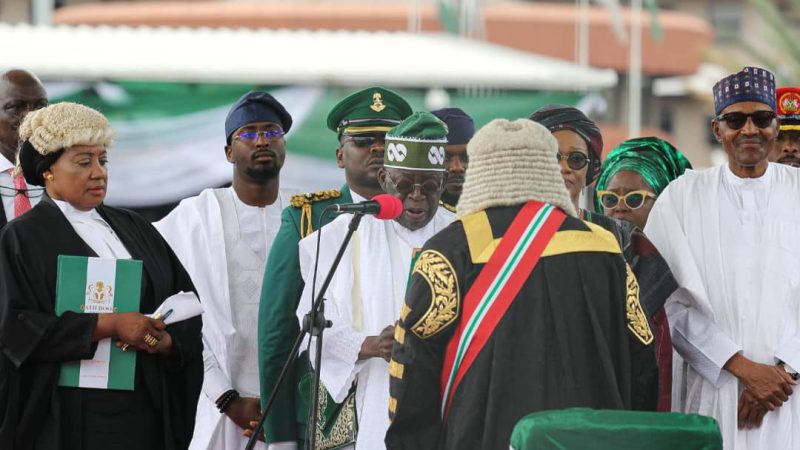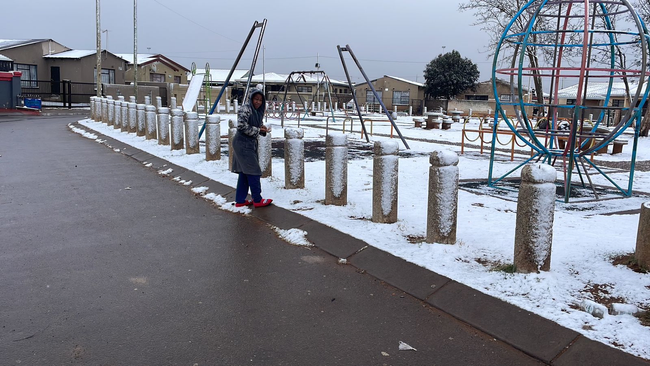Unraveling the Dynamics of Dollar Exchange Rate to Naira in the Black Market

The exchange rate between the US Dollar (USD) and the Nigerian Naira (NGN) has been a subject of intense scrutiny, particularly in the context of the black market. The black market, also known as the parallel market, operates outside the official channels and has a significant impact on the economy. This article delves into the various factors influencing the dollar exchange rate to Naira in the black market, its consequences, and potential solutions.
Table of Contents
ToggleHistorical Context:
Understanding the dynamics of the dollar to Naira exchange rate in the black market requires a glance at its historical context. Nigeria has faced currency challenges for several decades, and the black market has played a pivotal role in determining exchange rates. Economic instability, political uncertainty, and external factors have contributed to the fluctuation of the Naira against major currencies, especially the US Dollar.
Factors Influencing Exchange Rates:
- Economic Indicators: Economic indicators such as inflation rates, GDP growth, and unemployment rates significantly impact the exchange rate. High inflation and unemployment rates, coupled with sluggish economic growth, can lead to a depreciation of the Naira against the Dollar in the black market.
- Oil Prices: Nigeria, being a major oil exporter, is highly dependent on oil revenues. Fluctuations in global oil prices have a direct impact on the country’s foreign exchange earnings. A drop in oil prices often leads to reduced foreign reserves, affecting the Naira’s value in the black market.
- Government Policies: Government policies and interventions, such as foreign exchange controls and restrictions, can influence the exchange rate. Changes in policy direction or sudden interventions by the Central Bank of Nigeria (CBN) can cause volatility in the black market.
- Political Stability: Political stability is crucial for investor confidence. Political unrest, uncertainty, or changes in leadership can lead to a lack of investor confidence and a subsequent depreciation of the Naira in the black market.
- External Debt: Nigeria’s external debt levels impact the country’s creditworthiness. High levels of external debt can lead to concerns among investors, potentially causing a depreciation of the Naira in the black market.
Consequences of Exchange Rate Fluctuations:
- Inflationary Pressure: A depreciating Naira can contribute to inflationary pressure as the cost of imported goods and services rises. This adversely affects the purchasing power of consumers and businesses.
- Import and Export Challenges: Exchange rate fluctuations can affect the competitiveness of Nigerian goods and services in the international market. Importers face increased costs, while exporters may experience challenges in pricing their products competitively.
- Foreign Investment: Unstable exchange rates in the black market can deter foreign investors, as they seek stable environments for their investments. This can hinder economic growth and development.
- Parallel Market Premium: The difference between the official exchange rate and the black market rate, known as the parallel market premium, can create arbitrage opportunities, leading to a diversion of foreign exchange to the black market.
Potential Solutions:
- Economic Diversification: Diversifying the economy beyond oil is essential for reducing dependency on oil revenues. Investing in sectors such as agriculture, manufacturing, and technology can enhance economic stability.
- Policy Consistency: Consistency in economic policies, particularly in foreign exchange management, is crucial for building investor confidence. Transparent and predictable policies can help stabilize the exchange rate.
- Enhanced Foreign Reserves: Building and maintaining robust foreign reserves provide a buffer against external shocks. Efforts to increase foreign reserves through diversified revenue sources can contribute to exchange rate stability.
- Investment in Infrastructure: Improving infrastructure can attract foreign direct investment (FDI) and enhance economic productivity. This, in turn, can positively impact the exchange rate in the black market.
- Strengthening Institutions: Strengthening institutions responsible for economic management and regulation is essential. An empowered and independent central bank can implement effective monetary policies to stabilize the exchange rate.
Conclusion:
The dollar exchange rate to Naira in the black market remains a critical aspect of Nigeria’s economic landscape. Understanding the historical context, factors influencing exchange rates, and the consequences of fluctuations is crucial for devising effective solutions. A holistic approach that addresses economic diversification, policy consistency, foreign reserves, infrastructure development, and institutional strengthening is necessary to achieve long-term stability in the exchange rate. As Nigeria navigates its economic challenges, proactive measures can mitigate the impact of external shocks and promote sustainable economic growth.
- What is the black market exchange rate for the US Dollar to Naira currently? The black market exchange rate is highly volatile and can change rapidly. It is recommended to check with reliable sources or financial institutions for the most up-to-date rates.
- Why does the black market exist for currency exchange, especially for the Dollar to Naira? The black market arises due to various factors, including economic instability, uncertainty, and limited access to official channels. Individuals and businesses turn to the black market for quicker transactions or when official exchange rates do not meet their needs.
- How does the black market exchange rate differ from the official exchange rate? The black market exchange rate is typically higher than the official rate. This difference, known as the parallel market premium, reflects the additional costs and risks associated with acquiring foreign currency from unofficial sources.
- What factors contribute to the fluctuation of the Dollar to Naira exchange rate in the black market? Several factors influence exchange rate fluctuations, including economic indicators, oil prices, government policies, political stability, and external debt levels. The interplay of these elements contributes to the volatility observed in the black market.
- How often does the black market exchange rate change? The black market exchange rate can change daily, sometimes multiple times a day, depending on market dynamics, economic news, and geopolitical events. It is a highly responsive and fluid environment.
- Is it legal to exchange currency in the black market? Engaging in currency exchange in the black market is often considered illegal in many countries, including Nigeria. It is advisable to use official channels to avoid legal repercussions and to ensure transparency in financial transactions.
- What impact does the black market exchange rate have on the economy? The black market exchange rate can have significant consequences, including inflationary pressure, challenges for importers and exporters, and a potential drain on foreign reserves. It can also deter foreign investors and create a parallel economy with its own set of risks.
- How does the Central Bank of Nigeria (CBN) intervene in the black market exchange rate? The CBN occasionally intervenes in the foreign exchange market to stabilize the Naira. These interventions may involve selling or buying foreign currency to influence the exchange rate. However, the effectiveness of such interventions can vary.
- What measures can individuals and businesses take to mitigate the impact of black market exchange rate fluctuations? To mitigate risks, individuals and businesses should consider using official channels for currency exchange, closely monitor economic developments, hedge against exchange rate volatility, and diversify revenue streams.
- Are there long-term solutions to address the challenges posed by the black market exchange rate? Long-term solutions involve comprehensive economic reforms, including diversification of the economy, policy consistency, infrastructure development, and strengthening institutions. These measures can contribute to a more stable and resilient economic environment, reducing reliance on the black market.






